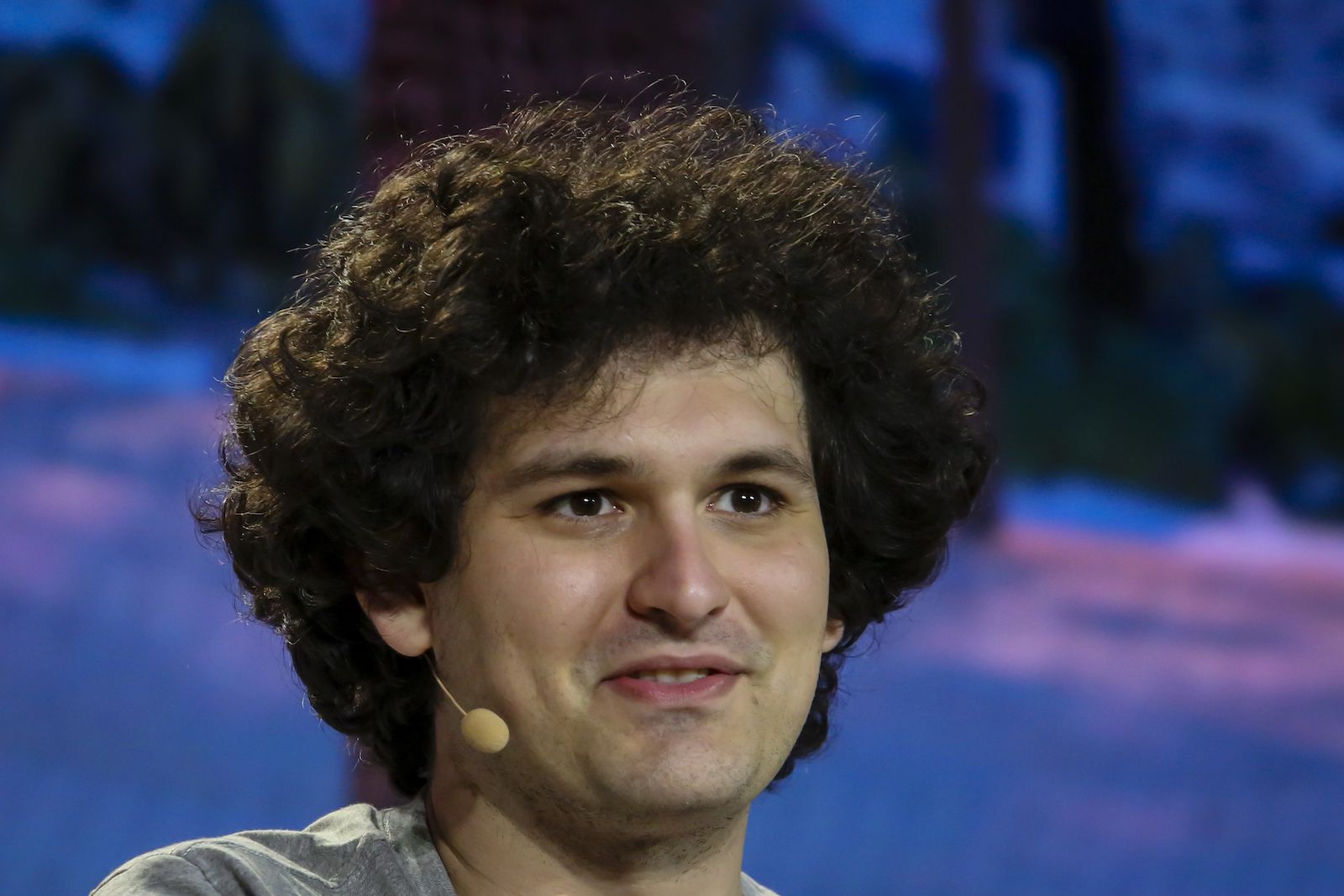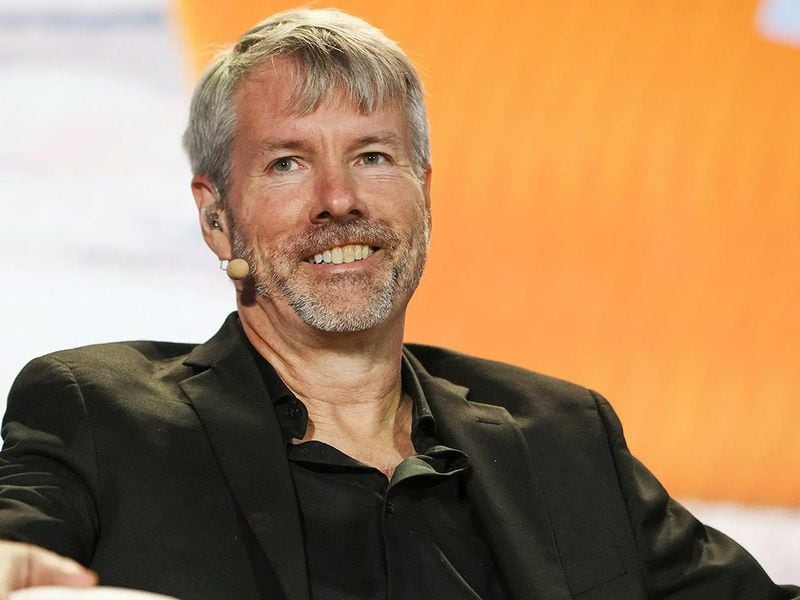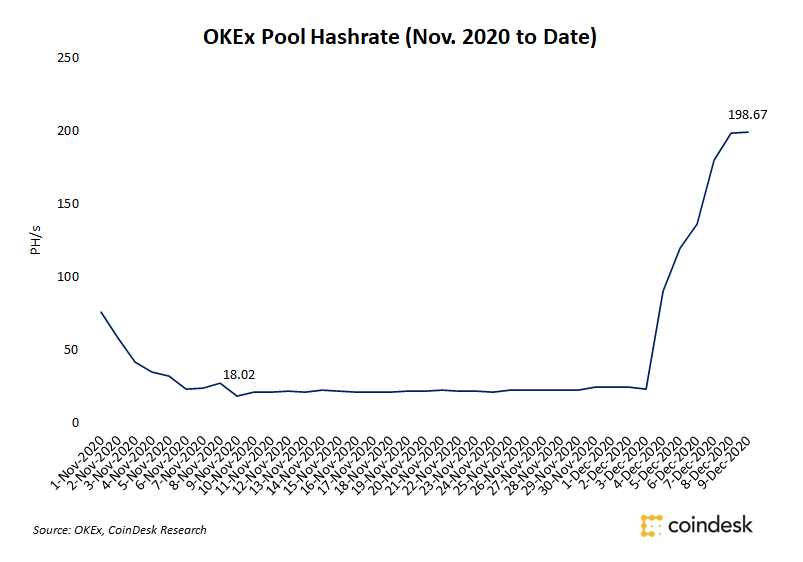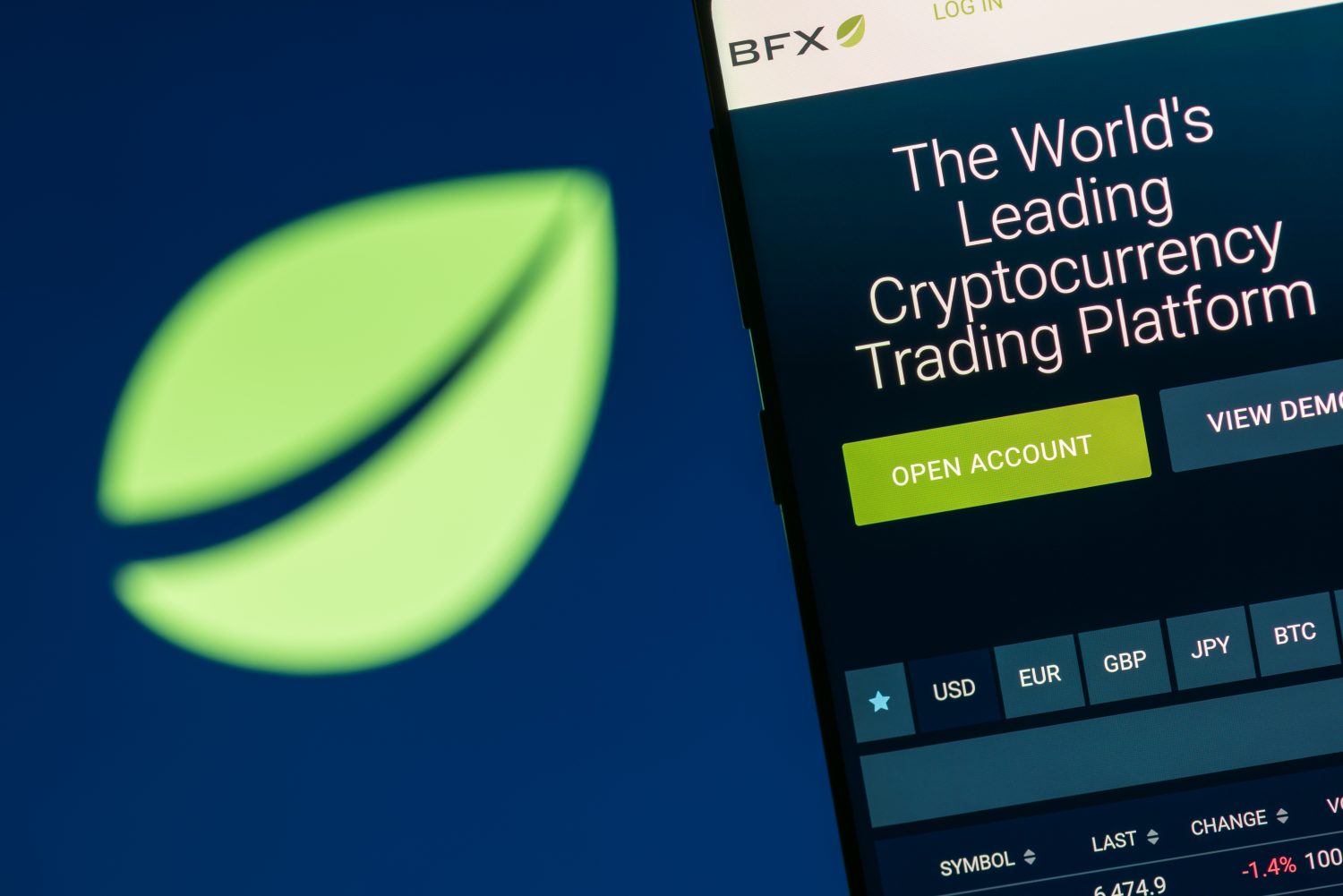Frank McCourt’s Decentralized Internet Project Enters Ethereum Ecosystem With Consensys Partnership
-
Project Liberty, which is building a decentralized social media ecosystem, is working with Consensys to expand into Ethereum (ETH).
-
The project is “meeting the zeitgeist” and is population-scale ready, founder Frank McCourt said in an interview.

01:25
Bitcoin Posts New ATH Amid BlackRock’s IBIT Options Launch

18:04
Why the TON Ecosystem Could Be Crypto’s Dark Horse in 2025

02:02
BlackRock’s IBIT Options Launch on Nasdaq

03:27
Trump’s Media Company in Talks to Buy Crypto Trading Platform Bakkt; Razzlekhan Gets 18 Months in Prison
Project Liberty, billionaire Frank McCourt’s attempt to create a decentralized social media platform, is partnering with Ethereum developer Consensys to enter that blockchain’s ecosystem.
Under the agreement, announced on Wednesday, Project Liberty’s Frequency blockchain will become compatible with Consensys’ technology, including the Linea layer-2 network that uses “zero knowledge” privacy technology to achieve massive transaction throughput and the MetaMask self-custody wallet, which has 30 million monthly active users.
The added compatibility may help spur interest in Frequency and its Decentralized Social Networking Protocol (DSNP), an open standard for moving data around, while generating fee income for Linea. Frequency is already one of the largest parachains in the Polkadot environment, and the plan is to add other blockchains as the non-profit organization looks to expand its reach to a wider user base.
Project Liberty says it wants to reduce consumer reliance on monolithic social media companies, such as Elon Musk’s X (formerly Twitter) and Meta’s (META) Facebook. User dissatisfaction has already led to an exodus from X, including to Meta’s alternative called Threads. Many have flocked to Bluesky, which is set up as a public benefit corporation and embraces decentralization principles that echo Project Liberty’s, following the U.S. election two weeks ago. Bluesky has added 1 million accounts on some days and this week crossed the 20 million user threshold.
“We all know how the network effect works, and when you own so many relationships and so many people in your walled garden, you have a privilege versus everyone else,” McCourt said in an interview. “By opening up and creating this universal social graph that’s accessible by everyone, where individuals control their stuff, you then have the network effect embedded in the internet.”
The scope of Project Liberty’s vision is wider and deeper than just tackling some of the more prominent abuses found in social media, however. According to the company, it’s about building a fairer internet, devoid of walled gardens and surveillance capitalism, closely aligning the project with Web3, a concept originally espoused by technologists like Consensys chief Joe Lubin.
“This is a transformative moment, in my opinion,” McCourt said. “We’re meeting the zeitgeist where it is with something that’s been extremely well engineered and thoughtfully done with a massive amount of time and money invested in it. We need an internet where we’re not eventually clicking on the terms and conditions of use of apps, but the apps are clicking on our terms and conditions of use for our data.”
Over five years in the making and with some $500 million backing it, Project Liberty says it’s “population-scale” ready. Interoperability is the key to realizing this goal and is inevitable, McCourt said, recalling a telecommunications company called RCN that his family started back in the early 1990s, which foresaw the harmonization among large incumbent telcos that happened later in the decade.
People will look back in 10 years and find it absurd that you had to be on Facebook to talk to someone on Facebook, McCourt said.
“I think when people are empowered, they’re going to move fast,” McCourt said.
The Project Liberty Summit on the Future of the Internet takes place this week in Washington, D.C., on Nov. 21-22.
Edited by Sheldon Reback and Nick Baker.
Disclosure
Please note that our
privacy policy,
terms of use,
cookies,
and
do not sell my personal information
have been updated
.
CoinDesk is an
award-winning
media outlet that covers the cryptocurrency industry. Its journalists abide by a strict set of
editorial policies.
CoinDesk has adopted a set of principles aimed at ensuring the integrity, editorial independence and freedom from bias of its publications. CoinDesk is part of the Bullish group, which owns and invests in digital asset businesses and digital assets. CoinDesk employees, including journalists, may receive Bullish group equity-based compensation. Bullish was incubated by technology investor Block.one.
:format(jpg)/s3.amazonaws.com/arc-authors/coindesk/5ca74297-e3be-4402-a07e-b8aa3de111e4.png)









